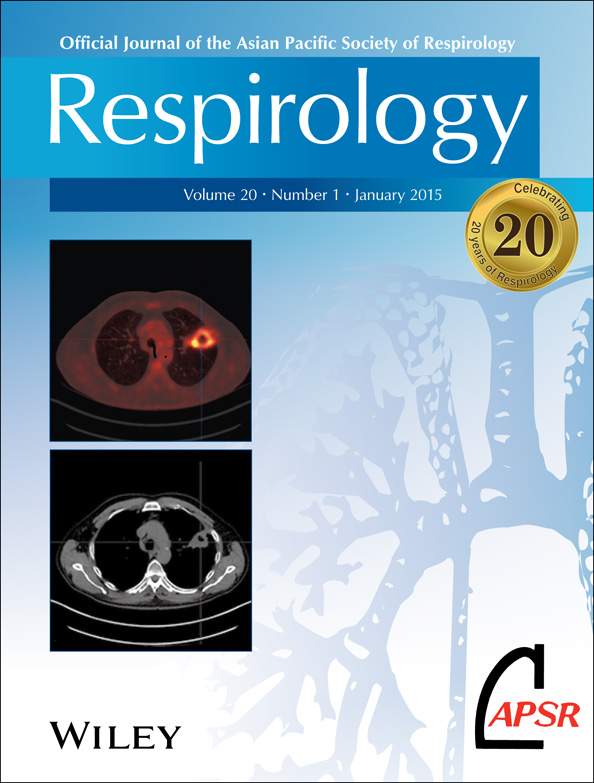Increased CD8 T-cell granzyme B in COPD is suppressed by treatment with low-dose azithromycin
Abstract
Background and objective
Corticosteroid resistance in chronic obstructive pulmonary disease (COPD) is a major challenge. We have reported increased bronchial epithelial cell apoptosis and increased airway CD8 T-cell numbers in COPD. Apoptosis can be induced via the serine protease, granzyme B. However, glucocorticosteroids fail to adequately suppress granzyme B production by CD8 T cells. We previously showed that low-dose azithromycin reduced airways inflammation in COPD subjects and we hypothesized that it would also reduce granzyme B production by CD8 T cells.
Methods
We administered 250 mg azithromycin daily for 5 days then twice weekly (total 12 weeks) to 11 COPD subjects (five current smokers; six ex-smokers) and assessed granzyme B in the airway (bronchoalveolar lavage), intra-epithelial compartment and peripheral blood, collected before and following administration of azithromycin. To then dissect the effects of on CD4 and CD8 T-cell subsets, we applied an in vitro assay and physiologically relevant concentrations of azithromycin (and, for comparison, n-acetyl cysteine) and stimulation of peripheral blood mononuclear cells from five healthy subjects with CD3/CD28 T-cell expander.
Results
T-cell granzyme B production in both airway and intra-epithelial compartments was reduced in COPD patients following 12 weeks of azithromycin treatment, with no significant effect in blood. Both azithromycin and n-acetyl cysteine suppressed CD4 T-cell granzyme B production, but only azithromycin was effective at reducing CD8+ T-cell granzyme B production in vitro.
Conclusions
We provide further evidence for the application of low-dose azithromycin as an attractive adjunct treatment option for controlling epithelial cell apoptosis, abnormal airway repair and chronic inflammation in COPD.




